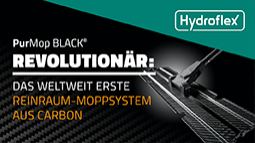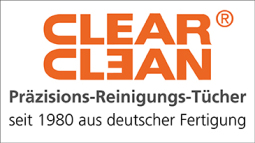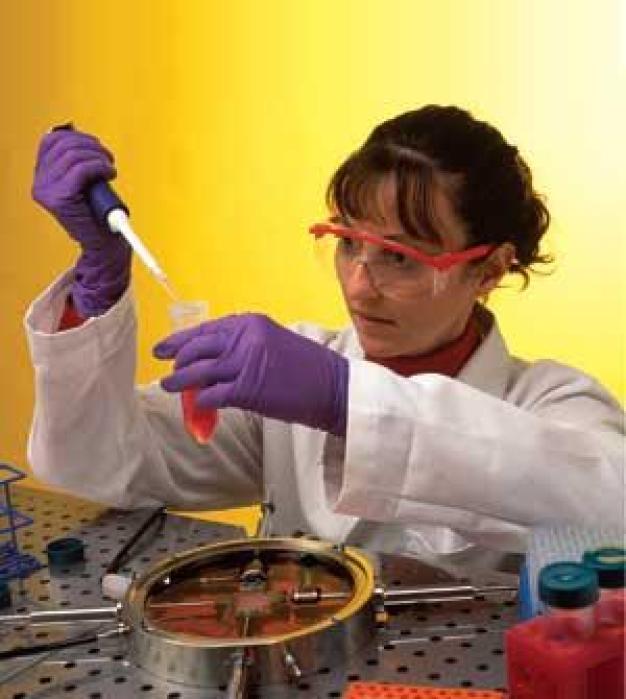Contamination means death for live tissue products
By Sarah Fister Gale
Every year, more than 1.5 million units of allograft tissues harvested from deceased donors are distributed annually for transplant in the U.S. While the risk of bacterial infection from an allograft tissue transplant is extremely low, in an industry where the lives of human patients are at stake, any contamination risk is a serious concern. Fortunately, the industry has established strict protocols for the screening and handling of tissue in the manufacturing environment to effectively manage that risk.
?The current risk of an allograft infection to the average patient appears to be much less than the risk of infections surrounding the operation itself,? notes Joel Osborne, vice president of quality assurance for the Musculoskeletal Transplant Foundation (MTF), an American Association of Tissue Banks (AATB) accredited tissue bank in Edison, NJ. Still, the allograft industry and the FDA are making constant strides to more strictly control contamination in the handling and processing of human tissue-based products.
Patients receiving allograft tissues put their lives in the hands of the companies supplying those products, relying on them to enforce strict tissue reviews, cleaning and disinfecting processes, and monitoring strategies to ensure donor tissue is healthy and free from infection, and that it does not encounter contaminants during processing.
Human tissues intended for transplantation have been regulated by the U.S. Food and Drug Administration (FDA) since 1993 under 21 CFR 1271. All human cells, tissues and cellular, and tissue-based products (HCT/Ps) used for transplant fall into this category, including bone, ligament, skin, and other soft tissues. These requirements were designed to prevent the introduction, transmission, and spread of communicable diseases via HCT/Ps by ensuring that the HCT/Ps do not contain communicable disease agents, are not contaminated, and do not become contaminated during manufacturing.
As part of the ongoing effort to enforce rigorous safety methods, in May 2005, FDA put three new, comprehensive regulations into effect that address manufacturing activities associated with HCT/Ps. The first requires companies that produce and distribute HCT/Ps to register with FDA. The second provides criteria that must be met for donors to be eligible to donate tissues (the ?Donor Eligibility? rule). The third rule defines current Good Tissue Practices (cGTPs), which govern the methods used in, and the facilities and controls used for, the manufacture of HCT/Ps; recordkeeping; and the establishment of a quality program.
Many tissue banks also receive accreditation from the AATB, a voluntary accreditation organization that sets standards for tissue banking.
Every step of the way
?HCT/Ps are unlike pharmaceutical products because they are composed of living functional cells,? notes Dr. Scott Burger, principal of Advanced Cell and Gene Therapy, a consulting firm in Chapel Hill, NC. ...
Processing under control
How tissue is treated depends on the material and its ultimate use. It may be as simple as shaping or cutting the material for final use, or it may require more complex, multi-day processing steps to expand, separate, modify, or activate donor cells. ...
Tests prove success...
End of the line...
The wet cleanroom...
Isolation is key...
Open dialog...
Den ganzen Artikel finden Sie, wenn Sie auf weitere Informationen klicken.









